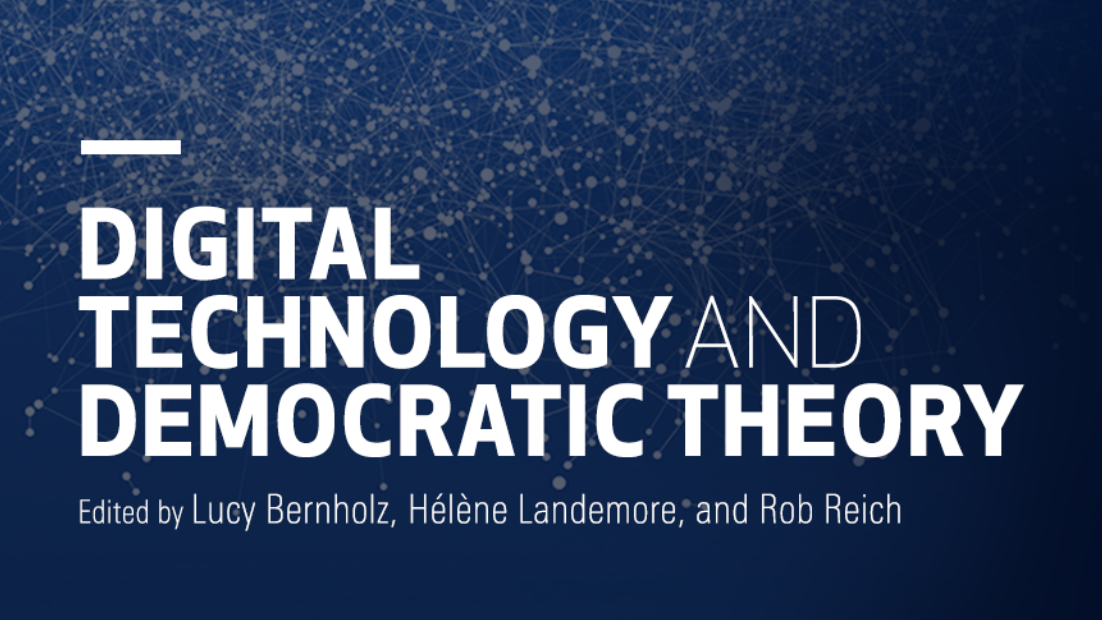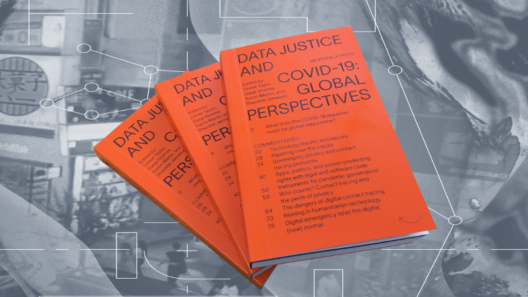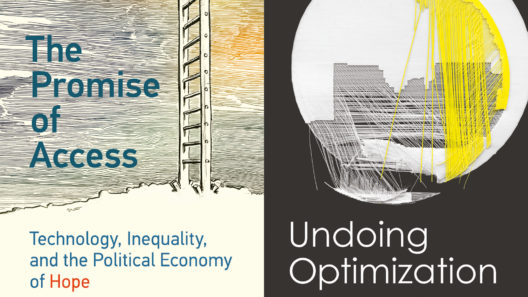Book launch: Digital Technology and Democratic Theory
How digital technologies shape, reshape and affect fundamental questions about democratic theory and practice

The Ada Lovelace Institute, Department of Media and Communications at the London School of Economics, and Stanford PACS host a special book launch of Digital Technology and Democratic Theory.
Watch the event back here:
This video is embedded with YouTube’s ‘privacy-enhanced mode’ enabled although it is still possible that if you play this video it may add cookies. Read our Privacy policy and Digital best practice for more on how we use digital tools and data.
Speakers
-
Archon Fung
Winthrop Laflin McCormack Professor of Citizenship and Self-Government, Harvard Kennedy School, Harvard University -
Bryan Ford
Professor, Swiss Federal Institute of Technology in Lausanne (EPFL); Director, Decentralized/Distributed Systems Lab, EPFL -
Hélène Landemore
Associate Professor, Department of Political Science, Yale University -
Lucy Bernholz
Senior Research Scholar, Center on Philanthropy and Civil Society, Stanford University; Director, Digital Civil Society Lab, Stanford University -
Seeta Peña Gangadharan
Associate Professor, Department of Media and Communications, London School of Economics
Introduction by
-
Octavia Field Reid
Associate Director (Public Participation & Research Practice)
One of the most far-reaching transformations in our era is the wave of digital technologies rolling over—and upending—nearly every aspect of life. Work and leisure, family and friendship, community and citizenship have all been modified by now-ubiquitous digital tools and platforms.
Digital Technology and Democratic Theory looks closely at one significant facet of our rapidly evolving digital lives: how technology is radically changing our lives as citizens and participants in democratic governments.
To understand these transformations, this book brings together contributions by scholars from multiple disciplines to wrestle with the question of how digital technologies shape, reshape, and affect fundamental questions about democracy and democratic theory. As expectations have whiplashed—from Twitter optimism in the wake of the Arab Spring to Facebook pessimism in the wake of the 2016 US election—the time is ripe for a more sober and long-term assessment. How should we take stock of digital technologies and their promise and peril for reshaping democratic societies and institutions? To answer, this volume broaches the most pressing technological changes and issues facing democracy as a philosophy and an institution.
Related content

Data Justice and COVID-19 Book Launch
What will be the enduring impact of the COVID-19 crisis on surveillance practices?

Technology and civic engagement – double book launch with the Ada Lovelace Institute
Dr Alison Powell and Dr Daniel Greene in conversation to discuss their new books

Tipping towards trans-nationalism – data, tech and the future of nation states
How data, tech and geopolitics might shape the future

Is the goal of antitrust enforcement a competitive digital economy or a different digital ecosystem?
Antitrust ferment and opportunity in digital markets